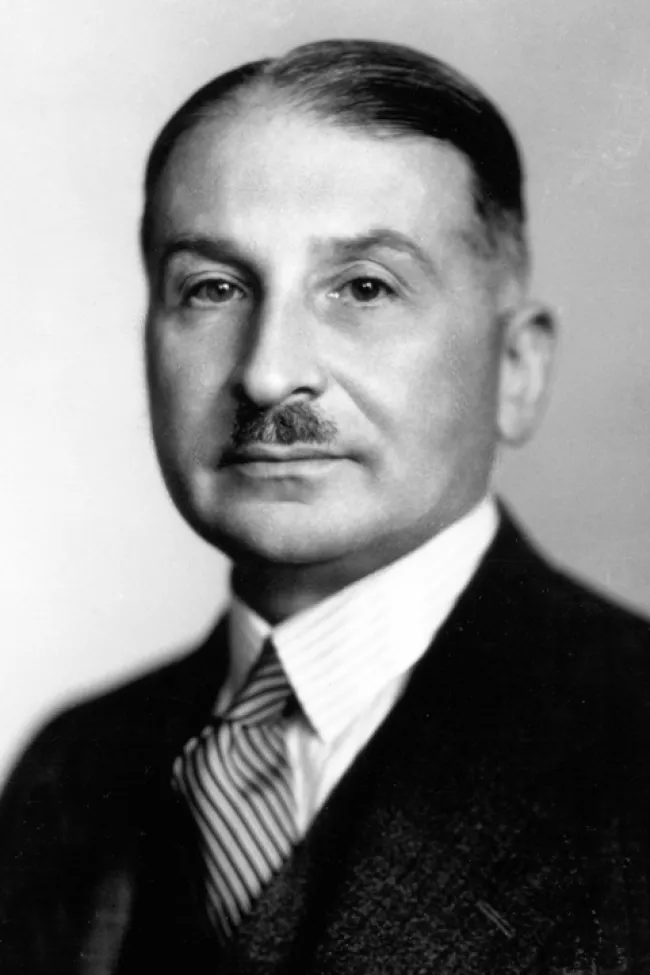This is Mises's classic statement in defense of a free society, one of the last statements of the old liberal school and a text from which we can continue to learn. It has been the conscience of a global movement for liberty for 80 years. This new edition, a gorgeous hardback from the Mises Institute, features a new foreword by Thomas Woods.
It first appeared in 1927, as a followup to both his devastating 1922 book showing that socialism would fail, and his 1926 book on interventionism.
It was written to address the burning question: if not socialism, and if not fascism or interventionism, what form of social arrangements are most conducive to human flourishing? Mises's answer is summed up in the title, by which he meant classical liberalism.
Mises did more than restate classical doctrine. He gave a thoroughly modern defense of freedom, one that corrected the errors of the old liberal school by rooting the idea of liberty in the institution of private property (a subject on which the classical school was sometimes unclear). Here is the grand contribution of this volume.
The program of liberalism, therefore, if condensed into a single word, would have to read: property, that is, private ownership of the means of production... All the other demands of liberalism result from this fundamental demand.
But there are other insights too. He shows that political decentralization and secession are the best means to peace and political liberty. As for religion, he recommends the complete separation of church and state. On immigration, he favors the freedom of movement. On culture, he praised the political virtue of tolerance. On education: state involvement must end, and completely.
He deals frankly with the nationalities problem, and provides a stirring defense of rationalism as the essential foundation of liberal political order. He discusses political strategy, and the relationship of liberalism to special-interest politics.
In some ways, this is the most political of Mises's treatises, and also one of the most inspiring books ever written on the idea of liberty. It remains the book that can set the world on fire for freedom, which is probably why it has been translated into more than a dozen languages.


루드비히 폰 미제스는 20세기 가장 저명한 경제학자이자 사회 철학자들 중의 한 분이다. 그의 긴 그리고 생산성 높은 삶 속에서 그는 개별 인간은 자신이 원하는 목표를 달성하기 위하여 목적 지향적으로 행동한다는 공리(公理)를 바탕으로 해서 경제학을 융합적이고 연역적인 과학으로 발전시켰다. 그의 경제분석 자체는 (경제학자들이 갖고 있는 가치와는 상관 없다는 의미에서) ‘가치 중립적’이였을 지라도, 미제스는 인류를 위해 실용적인 유일한 경제정책은 어떤 제한도 없는 자유방임, 자유시장, 그리고 어떤 방해도 받지 않는 사유재산권 행사의 정책이라고 결론 내렸다. 정부의 역할은 그 나라의 영토 안에 있는 사람과 재산을 보호하는 데에만 엄격하게 제한되어야 한다고 했다.
German edition, 1927; latest English edition Copyright 1985 The Foundation for Economic Education, Irvington, NY. Translation by Ralph Raico. Online edition Copyright The Mises Institute, 2000.
